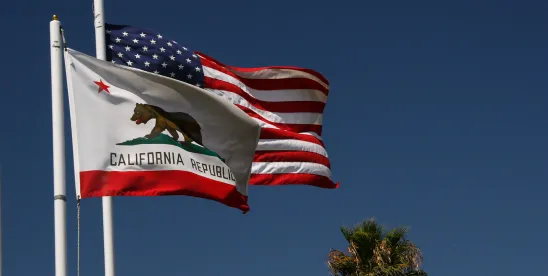As we reported here, California’s Senate Bill (S.B.) 399, took effect on January 1, 2025. This law prohibits employers from requiring employees to attend meetings about the company’s opinions on political or religious matters, including discussions about unionization. California joins almost dozen other states, including Illinois, New York, and Oregon, in enacting union-backed statutes that prohibit so-called “captive audience” meetings.
The Teamsters Union openly boasts that they “secured” the legislation and “spearheaded the multi-union coalition that made this victory possible.” State Senator Aisha Wahab (Dem.- Sen. Dist. 10) who authored the bill received the bulk of contributions to her 2022 election campaign from public and private unions, as shown here.
The California Chamber of Commerce and the California Restaurant Association (the “plaintiffs”) filed suit in federal court seeking to block enforcement of S.B. 399. The lawsuit charges that S.B. 399 infringes upon employers’ rights to free speech and equal protection under the First and Fourteenth Amendments of the U.S. Constitution. The plaintiffs contend that the law discriminates against employers’ viewpoints on political matters, unlawfully regulates the content of employers’ communications with their employees, and chills employer speech. You can read the entire complaint here.
Plaintiffs also argue that S.B. 399 is preempted by National Labor Relations Act (“NLRA”), which protects employer free speech. Notably, just a few months ago, the National Labor Relations Board (the “Board”) overturned decades of precedent by finding that requiring employees “to attend a meeting at which the employer expresses its views on unionization” violates the NLRA. However, this ruling and its applicability to state-sponsored “captive audience” meetings ban laws may be short-lived when President Trump tilts the Board back to a Republican majority in the near future. More information on the NLRB’s decision here.
If the plaintiffs are successful in their lawsuit, S.B. 399 may be blocked from enforcement but employers will need to wait to see how the court views the case.




 />i
/>i
